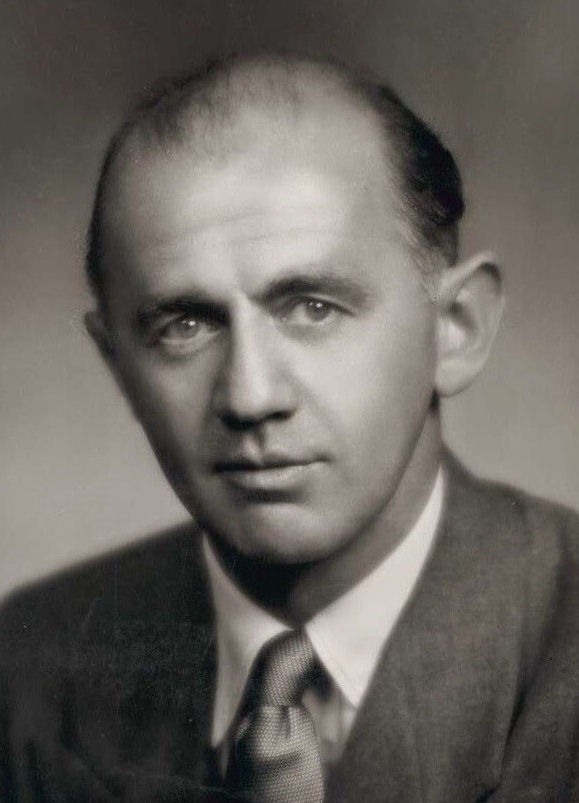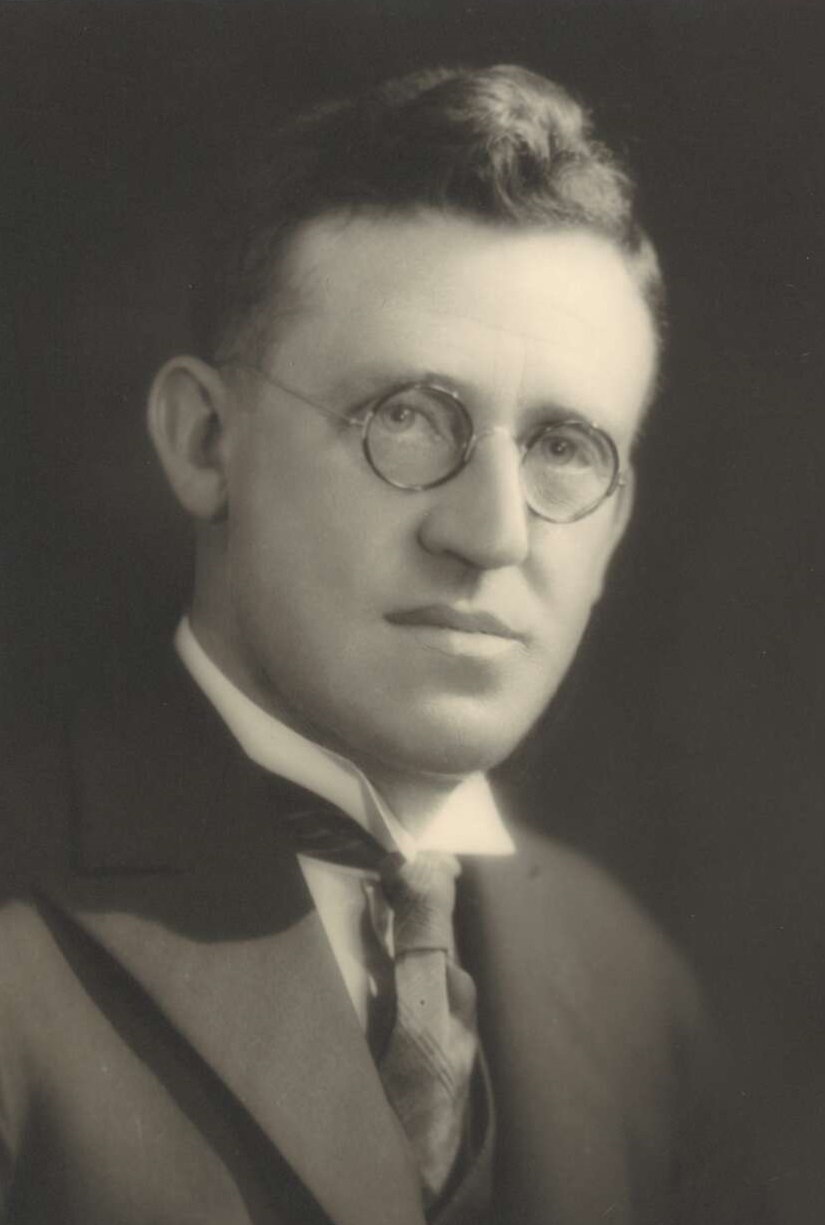|
Whitlam Government
The Whitlam government was the federal executive government of Australia led by Prime Minister Gough Whitlam of the Australian Labor Party. The government commenced when Labor defeated the McMahon government at the 1972 Australian federal election, 1972 federal election, ending a record 23 years of continuous Coalition (Australia), Coalition government. It was terminated by John Kerr (governor-general), Governor-General Sir John Kerr following the 1975 Australian constitutional crisis, 1975 constitutional crisis and was succeeded by the Fraser government—the sole occasion in Australian history when an elected federal government was dismissed by the governor-general. The Whitlam government was highly controversial during its short tenure but achieved some major reforms. Formal relations with China were established, conscription laws were repealed, all remaining Australian forces were withdrawn from the Vietnam War, universal healthcare was introduced and some remaining discrim ... [...More Info...] [...Related Items...] OR: [Wikipedia] [Google] [Baidu] |
Gough Whitlam At The Lodge 1974
Gough ( ) is a surname. The surname may derive from the Welsh (English: "red"),Farrar-Hockley 1974, pp. 2–3 possibly given as a nickname to someone with red hair or a red complexion. Another possible derivation is that it was a reduced form of the Irish McGough which itself is an Anglicized form of Gaelic , a patronymic from the personal name (variant ), "horseman", both derivatives of Irish "horse". Occasionally used as a first or middle name: * Edward Gough Whitlam, known as Gough Whitlam, Australian Prime Minister. Notable people with the surname include: *Alfred Gough, American screenwriter and producer, co-creator of ''Smallville'' * Annette Gough (born 1950), Australian academic * Antony Gough, New Zealand businessman and property developer * Austin Gough, American football player * Bobby Gough (born 1949), English footballer * Charles Gough (other), a number of people * Charles Frederick Howard Gough (1901–1977), British Territorial Army officer, company ... [...More Info...] [...Related Items...] OR: [Wikipedia] [Google] [Baidu] |
Tertiary Education Fees In Australia
Tertiary education fees in Australia are payable for courses at tertiary education institutions. Responsibility for fees in vocational education and training (VET) rests primarily with the state and territory governments, while fees policy in higher education is largely controlled by the Commonwealth Government. For most domestic students in higher education, the Commonwealth Government provides loans, subsidies, and/or social security welfare payments & benefits to relieve the cost of tertiary education. These benefits are not available to international students. Some domestic students are supported by the government and are required to pay only part of the cost of tuition, called the "student contribution", and the government pays the balance. Some government supported students can defer payment of their contribution as a HECS-HELP loan. Other domestic students are full fee-paying (non-Commonwealth supported) and do not receive direct government contribution to the cost ... [...More Info...] [...Related Items...] OR: [Wikipedia] [Google] [Baidu] |
Jenny Hocking
Jennifer Jane Hocking is an Australian historian, political scientist and biographer. She is the inaugural Distinguished Whitlam Fellow with the Whitlam Institute at Western Sydney University, Emeritus Professor at Monash University, and former Director of the National Centre for Australian Studies at Monash University. Her work is in two key areas, counter-terrorism and Australian political biography. In both areas she explores Australian democratic practice, the relationship between the arms of government, and aspects of Australian political history. Her research into the life of former Australian prime minister Gough Whitlam uncovered significant new material on the role of High Court justice Sir Anthony Mason in the dismissal of the Whitlam government. This has been described as "a discovery of historical importance". Since 2001 Hocking has been a member of the Board of Trustees of the Lionel Murphy Foundation. Early life and education Hocking is the daughter of Freder ... [...More Info...] [...Related Items...] OR: [Wikipedia] [Google] [Baidu] |
Duumvirate
Diarchy (from Greek , ''di-'', "double", and , ''-arkhía'', "ruled"),Occasionally spelled ''dyarchy'', as in the ''Encyclopaedia Britannica'' article on the colonial British institution duarchy, or duumvirate. is a form of government characterized by co-rule, with two people ruling a polity together either lawfully or '' de facto'', by collusion and force. The leaders of such a system are usually known as corulers. Historically, ''diarchy'' particularly referred to the system of shared rule in British India established by the Government of India Acts 1919 and 1935, which devolved some powers to local councils, which had included native Indian representation under the Indian Councils Act 1892. 'Duumvirate' principally referred to the offices of the various duumviri established by the Roman Republic. Both, along with less common synonyms such as biarchy and tandemocracy, are now used more generally to refer to any system of joint rule or office. A monarchy temporarily contro ... [...More Info...] [...Related Items...] OR: [Wikipedia] [Google] [Baidu] |
Paul Hasluck
Sir Paul Meernaa Caedwalla Hasluck (1 April 1905 – 9 January 1993) was an Australian statesman who served as the 17th Governor-General of Australia, in office from 1969 to 1974. Prior to that, he was a Liberal Party politician, holding ministerial office continuously from 1951 to 1969. Hasluck was born in Fremantle, Western Australia, and attended Perth Modern School and the University of Western Australia. After graduation he joined the university as a faculty member, eventually becoming a reader in history. Hasluck joined the Department of External Affairs during World War II, and served as Australia's first Permanent Representative to the United Nations from 1946 to 1947. He would later contribute two volumes to ''Australia in the War of 1939–1945'', the official history of Australia's involvement in the war. In 1949, Hasluck was elected to federal parliament for the Liberal Party, winning the Division of Curtin. In 1951, less than two years after entering politi ... [...More Info...] [...Related Items...] OR: [Wikipedia] [Google] [Baidu] |
Proportional Representation
Proportional representation (PR) refers to any electoral system under which subgroups of an electorate are reflected proportionately in the elected body. The concept applies mainly to political divisions (Political party, political parties) among voters. The aim of such systems is that all votes cast contribute to the result so that each representative in an assembly is mandated by a roughly equal number of voters, and therefore all votes have equal weight. Under other election systems, a bare Plurality (voting), plurality or a scant majority in a district are all that are used to elect a member or group of members. PR systems provide balanced representation to different factions, usually defined by parties, reflecting how votes were cast. Where only a choice of parties is allowed, the seats are allocated to parties in proportion to the vote tally or ''vote share'' each party receives. Exact proportionality is never achieved under PR systems, except by chance. The use of elector ... [...More Info...] [...Related Items...] OR: [Wikipedia] [Google] [Baidu] |
William McMahon
Sir William McMahon (23 February 190831 March 1988), also known as Billy McMahon, was an Australian politician who served as the 20th prime minister of Australia from 1971 to 1972. He held office as the leader of the Liberal Party of Australia, and previously held various ministerial positions from 1951 to 1971, the longest continuous service in Australian history. McMahon was born and raised in Sydney, and worked as a commercial lawyer before entering politics. He served in the Australian Army during World War II, reaching the rank of major. After the war's end he returned to university to complete an economics degree. McMahon was elected to the House of Representatives at the 1949 federal election. Robert Menzies promoted him to the ministry in 1951 and added him to cabinet in 1956. He held several different portfolios in the Menzies government, most notably as Minister for Labour and National Service from 1958 to 1966. In that capacity, he oversaw the reintroduction of ... [...More Info...] [...Related Items...] OR: [Wikipedia] [Google] [Baidu] |
1969 Australian Federal Election
The 1969 Australian federal election was held in Australia on 25 October 1969. The incumbent Liberal–Country coalition government, led by Prime Minister John Gorton, won the election with a severely diminished majority over the opposition Labor Party, led by Gough Whitlam, despite losing the two-party-preferred vote. Both major parties had changed their leaders in the run-up to the election, the first time this had occurred since 1946. The victory was the ninth consecutive general election won by the Coalition, and remains the record number of consecutive terms won by any Australian Federal Government. There was no Senate election until the 1970 Australian Senate election. Future Prime Minister Paul Keating entered parliament at this election. Issues The 1969 election centred on the two leaders, John Gorton and Gough Whitlam. Both were leading their respective parties in an election for the first time. Gorton had initially been very popular and was promoted as an " ... [...More Info...] [...Related Items...] OR: [Wikipedia] [Google] [Baidu] |
1966 Australian Federal Election
The 1966 Australian federal election was held in Australia on 26 November 1966. All 124 seats in the House of Representatives were up for election. There was no Senate election until the 1967 Australian Senate election. The incumbent Liberal–Country coalition government, led by Prime Minister Harold Holt, won an increased majority over the opposition Labor Party, led by Arthur Calwell, in a landslide. The Liberal–Country coalition two-party-preferred vote was 56.90%, its highest in its history. This was the first and only time that a Federal Government won an eighth consecutive term in office. Issues Sir Robert Menzies had retired from politics in January; his successor, former treasurer Harold Holt, was stylish, debonair and popular with the electorate, contrasting sharply with the much rougher figure of Opposition Leader Arthur Calwell, who had already lost two elections. Calwell also came across poorly on television compared to Holt, looking and sounding old ... [...More Info...] [...Related Items...] OR: [Wikipedia] [Google] [Baidu] |
Arthur Calwell
Arthur Augustus Calwell King's Counsel, KC (28 August 1896 – 8 July 1973) was an Australian politician who served as the leader of the Australian Labor Party, Labor Party from 1960 to 1967. He led the party through three federal elections, losing each one in turn. Calwell grew up in Melbourne and attended St Joseph's College, Melbourne, St Joseph's College. After leaving school, he began working as a clerk for the Government of Victoria, Victorian state government. He became involved in the Australian labour movement, labour movement as an officeholder in the public-sector trade union. Before entering parliament, Calwell held various positions in the Labor Party's organisation wing, serving terms as state president and as a member of the federal executive. He was elected to the House of Representatives (Australia), House of Representatives at the 1940 Australian federal election, 1940 federal election, standing in the Division of Melbourne. After the 1943 Australian federal ... [...More Info...] [...Related Items...] OR: [Wikipedia] [Google] [Baidu] |
Menzies Government (1949–1966)
The Menzies government (1949–1966) refers to the second period of federal executive government of Australia led by Prime Minister Robert Menzies. It was made up of members of a Liberal– Country Party coalition in the Australian Parliament from 1949 to 1966. Menzies led the Liberal–Country Coalition to election victories in 1949, 1951, 1954, 1955, 1958, 1961 and 1963. Robert Menzies was Australia's longest serving prime minister. He had served a previous term as prime minister as leader of the United Australia Party from 1939 to 1941. Although he would retire in 1966, his party would remain in office until 1972, an unprecedented 23 years of government from nine consecutive election victories. Background United Australia Party The United Australia Party had been formed as a new conservative alliance in 1931, with Labor defector Joseph Lyons as its leader and John Latham, hitherto leader of the Nationalist Party of Australia as his deputy. The stance of Lyons and another ... [...More Info...] [...Related Items...] OR: [Wikipedia] [Google] [Baidu] |






